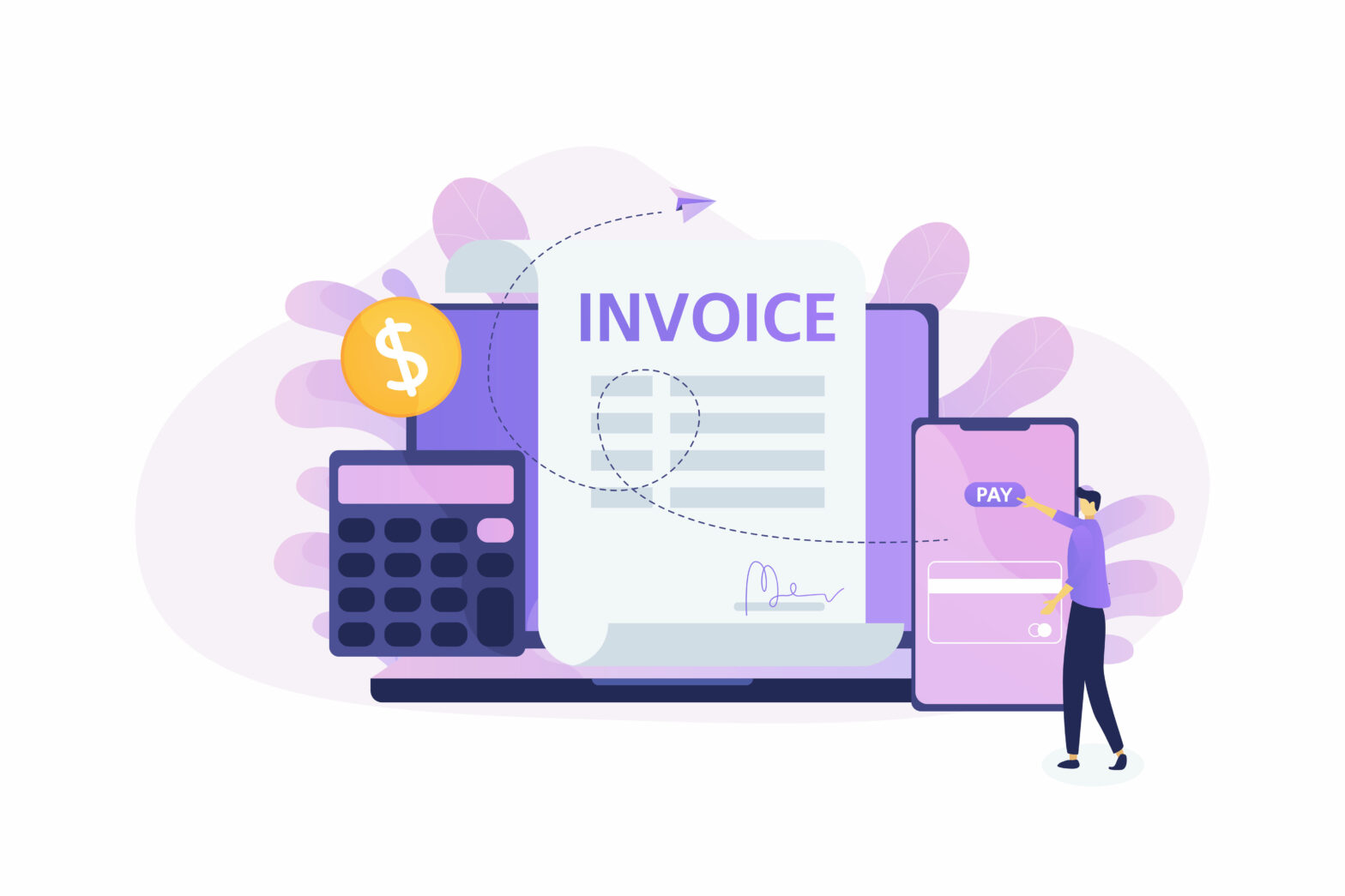The SME sector has been through a turbulent period over the past ten years, to put it mildly. A long recession made consolidation a priority over growth for many SMEs for a long period of time.
Finance was a considerable problem; the banks were not lending and companies were being starved of funds in a world that had yet to see a developed alternative business finance market.
However, as the recession ended, there became a growth in exciting new options for finance, from equity-based crowdfunding to peer-to-peer loans to invoice finance.
While still a competitive and cut-throat business landscape where SMEs face cash flow challenges, the past year has shown reason for smaller companies to be optimistic.
For starters, the political stability of a Conservative majority and the pro-business policies it brought arguably was a boon for business confidence, but also the alternative business finance market has seen considerable promise, enjoying a continuing boom in online lenders.
Before around 2009 of course, it was much easier for a small company to raise business finance through the banking route.
Today, that might be a viable option for more established companies with a demonstrable track record of financial success.
For this route, it still pays to have a strong balance sheet and an exhaustive grasp of your numbers and projections if you want to secure a business loan, as well as strong relationships with your bank manager.
However, the case for banks becomes weaker when considering figures released by the British Bankers’ Association, that show that the value of all newly approved loans and overdrafts to London SMEs in Q3 of 2015 was down 40 per cent on 2014 totals, from £1.7 billion to just over £1 billion.
But as the banks’ appetite for risk has waned in the ensuing years, companies have turned to alternatives for business funding. Companies based in London raised an estimated £350 million through peer-to-peer lending in 2015.
Indeed, the popularity of peer-to-peer lending is still strong, offering unsecured business loans through a variety of operators such as the market-leading Funding Circle, which has recently crossed the £1 billion barrier in funds lent.
Here, you can ‘advertise’ your business and loan proposition on an online platform to potential lenders, who then proceed to indicate their interest and the amount they are prepared to lend.
In a world of low interest rates and poor returns for savers, investors are incentivised by such platforms, which offer higher rewards than a building society.
The equity route
Equity funding is also a good choice, particularly for businesses yet to be fully established. Businesses can apply for equity from such operators as Crowdcube and Crowdbnk, with the process often involving a thorough scouring of the business plan and growth projections, together with producing and supplying a promotional video.
The pitch will then go live on the online platform and investors have the opportunity to take a slice of the operation in exchange for their funds.
If you need business capital to buy equipment or machinery, leasing assets/hire purchase agreements could be the option for you, while if you have issues with being paid late or other cash flow complaints, debt factoring and invoicing discounting might be viable approaches.
Both of the latter are based on the notion of selling your company’s invoices to a third party, which is charged with processing the invoices. Your business can receive loans based on the expected invoice payments.
If you are struggling to get a loan, lenders of last resort can be considered for small loans where the business has been refused by a bank.
These are typically charities or regional/local council initiatives and can offer a loan for business up to around £20,000. Interest is charged on the unsecured loan, generally slightly higher than a high street lender.
Another option if you are stuck could be short-term lenders such as Everline, which offer businesses short-term emergency loans to solve cash flow problems, but it is important to consider the interest rates and affordability.
Start-up owners can achieve success with equity crowdfunding, but there is also a chance to secure a personal loan of up to £25,000 from the government’s start-up loan initiative. The average granted is around £6,000.
Merchant cash advances
Other methods include a merchant cash advance (MCA), which allows the borrower time to breathe and increase their business with no pressures of repayments.
It works by linking borrowed funds to the businesses card payments. Payments are made as a percentage of card payments taken meaning you only pay back the advance when your customers are coming through the door.
Therefore, advances are paid back at affordable rates and dependent on the business increasing its customer spend.
For example, Merchant Funding from Chip & PIN solutions is an MCA that provides unsecured business finance from £2,500 to £500,000.
To date Merchant Funding has secured more than £7,000,000 of funding to SMEs across the UK and intends to fund a further £10,000,000 in 2016.
The system works by businesses can apply for funding equivalent to an average month of their card sales.
So, for example, if you take £2,500 in card transactions, your maximum cash advance would be £2,500.
The amount repayable is agreed at the beginning and paid back as a fixed monthly percentage of credit and debit card sales. Funding can be 150 per cent of the average monthly card turnover and funding can be made within 24 hours of application.
Chip & PIN Solutions’ managing director David Maisey says, ‘As a business owner, I understand the importance of maintaining a healthy cash flow.
Merchant Funding is a great product as it provides businesses with immediate funding and there are no limitations on how the money is spent.’
Ian Cass, managing director of the Forum of Private Business says that merchant cash advances are key for seasonal businesses, particularly those in the leisure industry that may want to invest at a time when they are quiet; construction work on a hotel being a great example.
‘This is ideal for an established business and may be preferable compared to a loan from the bank,’ he adds.





